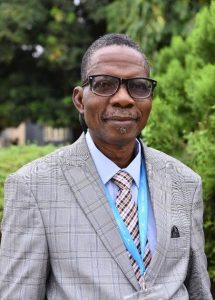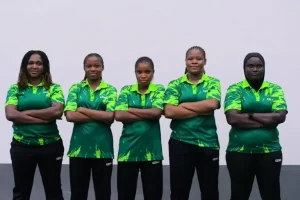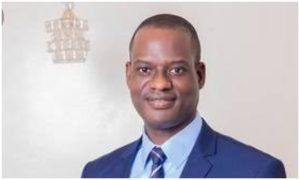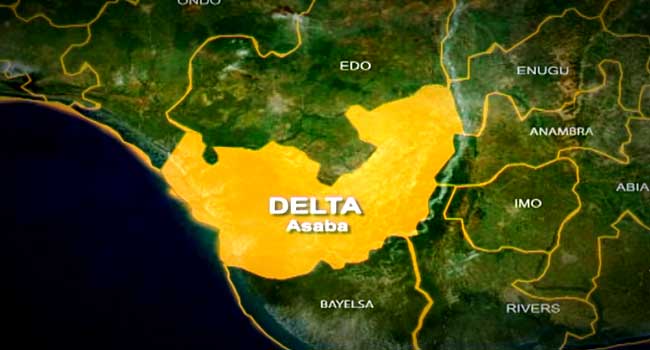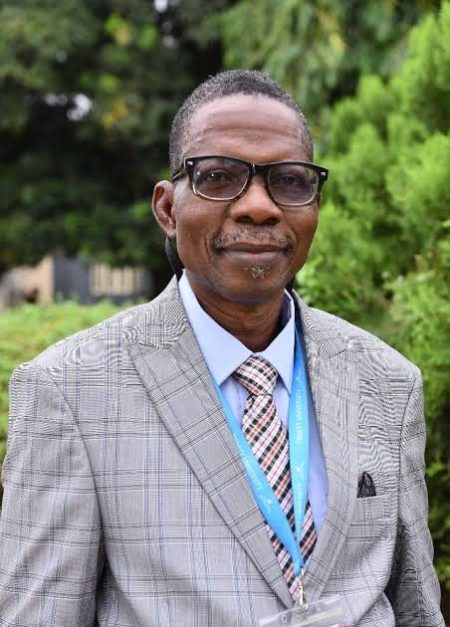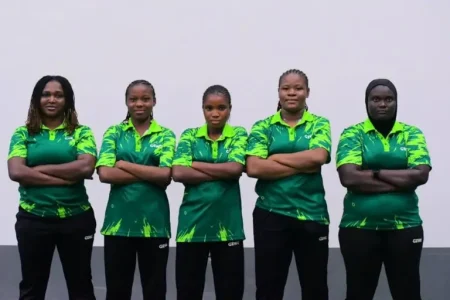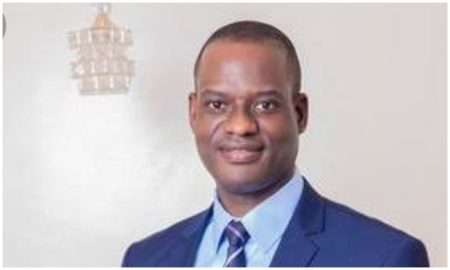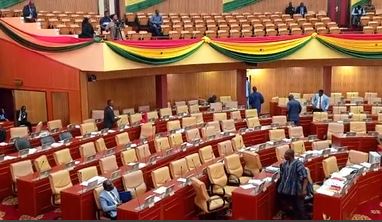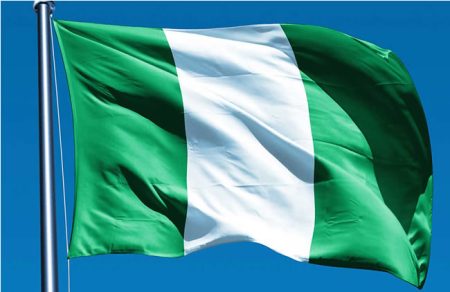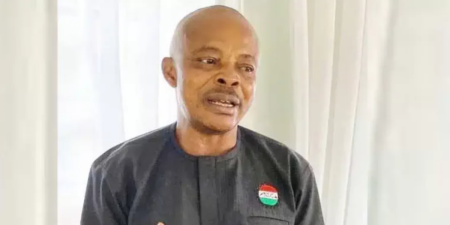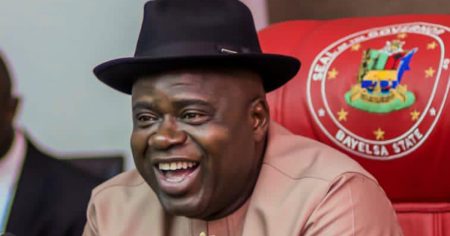The tranquility of Delta State, Nigeria, has been disrupted by allegations of rampant illegal revenue collection, prompting a concerned citizen, Mr. Kenneth Francis, to raise a public alarm and formally petition the Independent Corrupt Practices and Other Related Offences Commission (ICPC). Mr. Francis contends that various state government entities, including the Directorate of Transport, Ministry of Environment, and Board of Internal Revenue, are imposing multiple levies on motorists and businesses without legal backing. He argues that these collections violate established revenue laws, such as the Taxes & Levies Act and the Delta State Internal Revenue Service Law, which clearly delineate the revenue collection powers of each tier of government. Specifically, Mr. Francis asserts that the authority to collect mobile advert permits and vehicle radio/TV license fees rests solely with local government councils, not state ministries or agencies.
At the heart of the controversy lies a contract awarded to Ossisa Global Ventures by the Directorate of Transport and Ministry of Environment. This contract authorizes the company to print and sell various emblems and stickers, termed “state papers,” to vehicles operating within Delta State, including those merely transiting through the state. Mr. Francis vehemently denounces this practice, arguing that these emblems are not mandated by any existing revenue law and serve solely as instruments for extorting money from road users. He further alleges that the activities of Ossisa Global Ventures are tarnishing the image of Delta State, potentially deterring investors and merchants from conducting business within the region. Mr. Francis emphasizes that the actions of Ossisa Global Ventures and the complicit government officials not only violate established laws but also undermine the economic policies of the Governor for personal gain.
Expressing his frustration with the slow pace of the ICPC’s investigation into his petition, Mr. Francis has threatened to seek legal redress if the commission fails to act decisively. He stated his intention to approach the court for an order of mandamus to compel the ICPC to prosecute Ossisa Global Ventures and its collaborators within the government. Furthermore, he is contemplating legal action against the Commissioners for Transport and Environment, seeking a judicial interpretation of the relevant revenue laws to clarify the extent of their respective authorities. Mr. Francis underscored the urgency of the situation, emphasizing that justice delayed is justice denied. He submitted his petition through his lawyer to the ICPC Asaba office on April 22, 2025, and while he has received acknowledgment of the petition, he claims no substantive investigative action has been taken to date.
Mr. Francis’s petition lists over 20 different items being levied, including Board of Internal Revenue Road Users Permit, Revenue Unified Clearance Certificate, Revenue State Users Permit, Ministry of Environment Sanitation Certificate, Ministry of Transport Haulage Permit, Drivers & Conductors’ Identification Badge, Heavy Duty Side Sticker Operation Permit, Delta State Joint Ministries Annual Permit, Economic Development Levy Certificate, Delta Highway Use Tax Certificate, and Delta State Annual Road Sign Certificate, among others. He alleges that these collections, conducted by various government agents, amount to millions of Naira monthly, which are being diverted into private pockets. The sheer number and variety of these levies paint a picture of a complex and potentially exploitative system of revenue collection that burdens motorists and businesses operating in Delta State.
In response to these accusations, the Commissioner for Transport, Mr. Agofure, acknowledges the engagement of Ossisa Global Ventures to collect levies and sell emblems on behalf of the ministry. He defends this practice by arguing that the government incurs significant expenses in road maintenance, particularly due to damage caused by heavy-duty trucks. He implies that these levies are a necessary means of recouping these costs. Mr. Agofure also contends that while local governments are authorized to collect revenue from markets, motor parks, and garages, the state government has the power to collect the revenues in question. This statement directly contradicts Mr. Francis’s claim that these collections fall outside the state’s legal purview.
Similarly, the Commissioner for Environment confirms that the ministry has authorized Ossisa Global Enterprises to collect sanitation certificates on its behalf. Neither commissioner addresses the legality of these collections or the concerns raised about the lack of statutory basis for these levies. Their responses focus on the perceived need for revenue generation and the purported authority of the state to collect these specific levies, without providing concrete legal justification. The absence of a detailed legal explanation leaves room for suspicion and reinforces Mr. Francis’s concerns about potential illegality.
Attempts to obtain a response from the ICPC regarding the status of the investigation have been unsuccessful. While the ICPC Abuja office directed inquiries to the Delta State office, the Delta State Commissioner has not responded to calls or messages. This lack of communication from the ICPC further fuels Mr. Francis’s anxieties and casts a shadow over the transparency and effectiveness of the investigation. The silence from the anti-corruption body raises concerns about the potential for inaction or undue influence, thus underscoring the need for greater accountability and responsiveness from the ICPC in addressing this matter of public interest. The ongoing controversy surrounding these multiple levies highlights the importance of clear legal frameworks for revenue collection and the crucial role of anti-corruption agencies in ensuring transparency and accountability in government operations.


